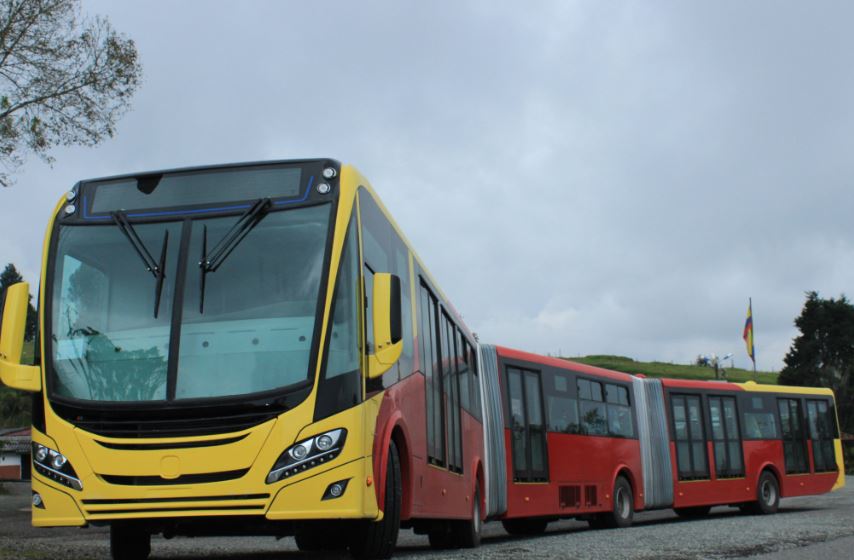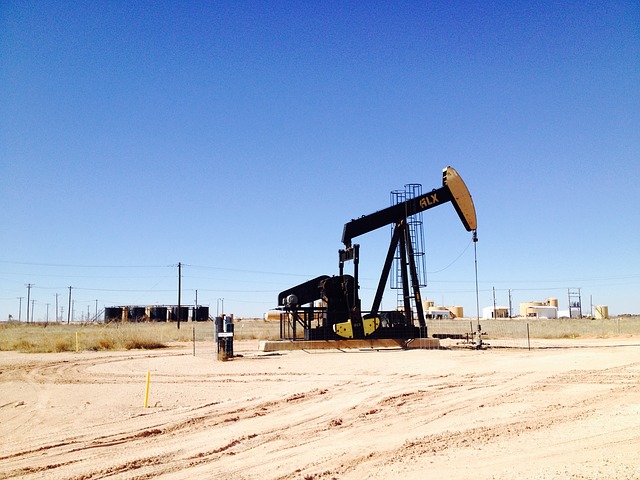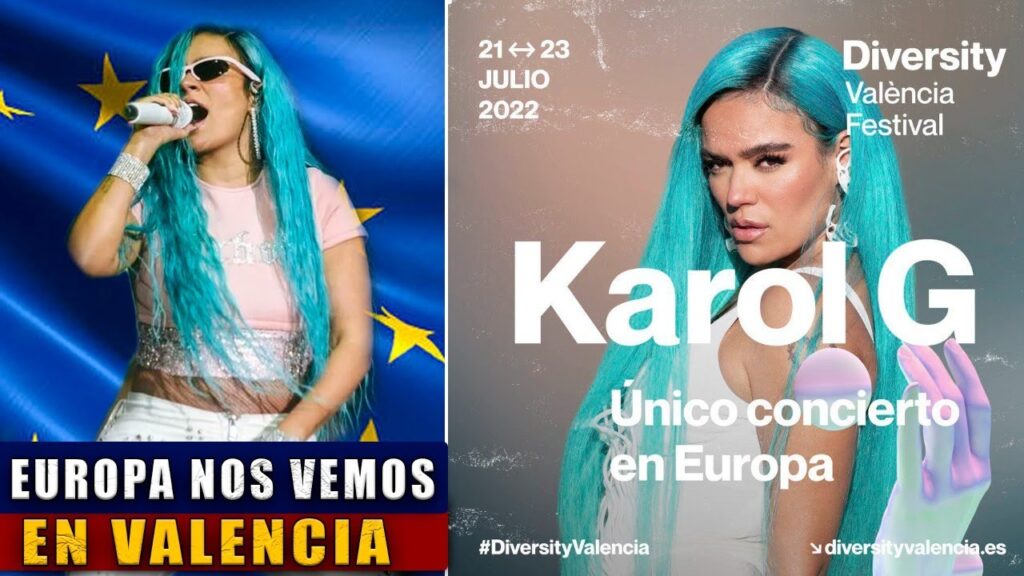Administrators of Bogotá’s main public transport network have signed contracts with five companies to introduce a fleet of over 1,000 new Transmilenio buses into the Colombian capital over the next 10 years.
Good news for the city’s commuters, perhaps, who often spend considerable amounts of time aboard the red buses on a daily basis given Bogotá’s lack of metro.
However, what will this new influx of diesel-fueled vehicles mean for the environment?
According to recent studies carried out by the World Health Organisation, broken down by UK newspaper The Guardian, Bogotá is the 5th most polluted city across The Americas, registering 24 micrograms per cubic meter. The National Planning Department also estimates that around 10,500 people per year die prematurely across Colombia from exposure to air pollution.
Much like bodies in charge of other large, polluted cities, the Colombian government has a plan in place to ensure the reduction in pollution caused by public transport in the coming years.
In an interview with newspaper El Espectador, the director of President Iván Duque’s Misión de Crecimiento Verde or ‘Green Growth Mission’ for sustainable development, Hernando Jose Gomez, outlined the goal to ensure the circulation of 600,000 electric vehicles by 2030.
However, in the capital, despite the 2013 introduction of ‘hybrid’ buses which on average reduce pollution levels by around 30%, the majority continue to function via the use of diesel, which contaminates the city’s air and generates negative side effects for citizens’ health.
Related: Bogotá’s Transmilenio fare-dodgers forced to clean floors as punishment
What’s more, recent tax reforms passed by Congress annulled the 5% VAT charge for electric vehicles and motors, originally intended to stimulate the purchase of electric vehicles and reduce pollution. As a result, VAT charges for electric vehicles – combined with cost of basic family provisions – now sit at around 18%.
These elevated VAT costs have meant that no buses in the new Transmilenio fleet will be electric, experts told Blu Radio.
A total of 682 buses will run on diesel and 461 on gas, Alianza Social Independiente city councillor Juan Carlos Flórez told the radio station. The councillor is a known opposer of Mayor of Bogotá Enrique Peñalosa’s administration.
Speaking also to Blu Radio, environmentalist Camilo Prieto dubbed the decision “detrimental” for both the Capital and Colombia. “The mayor’s decision is absolutely inexplicable,” he said.
“Air pollution costs the health sistem $15 billion pesos (around US $4 million) per year,” Prieto pointed out. “In the medium term, maintenance of electric buses costs 50% less.”
However, Centro Democrático city councillor Daniel Palacios expressed his support for the new fleet of buses, emphasising the benefit of the large proportion of vehicles that will be running on gas.
“We are sorry that we were not able to allocate any electric buses,” Palacios told Blu Radio. “But we hope to be able to continue progress so that the city is able to have cleaner technology in the public transport system.”
For his part, Bogotá Mayor Peñalosa tweeted that the new bus fleet will see Transmilenio emissions lower from 1.8% to 0.3% of total vehicle emissions, thanks to the less harmful effects of the buses that run on gas and filters on diesel-run vehicles. He also focused on the fact that the new fleet will increase Transmilenio capacity by 40% for users







